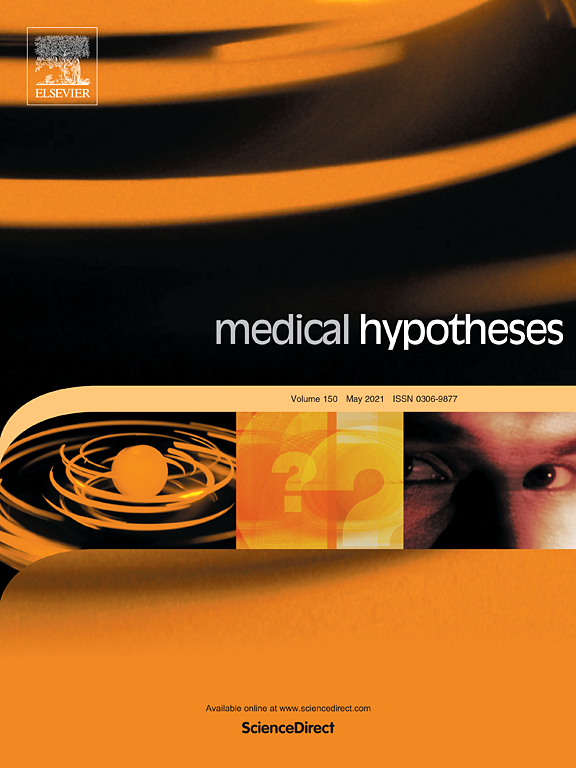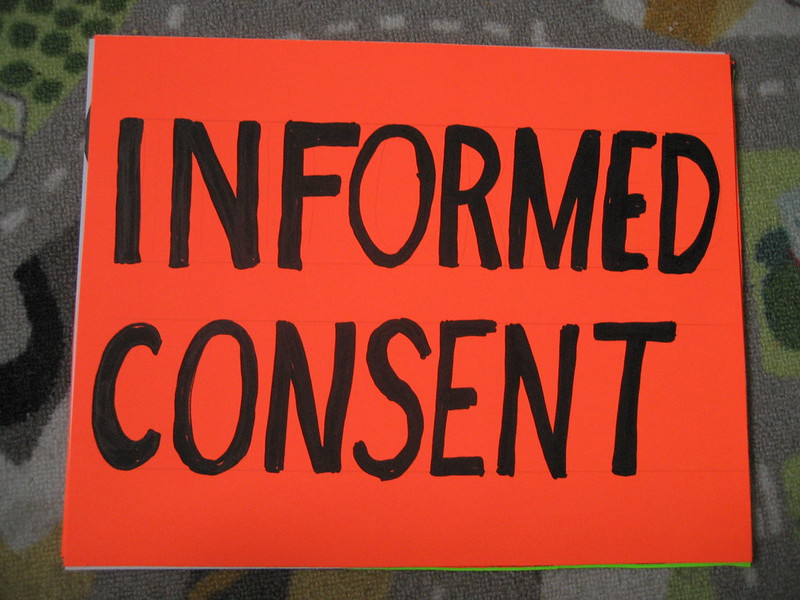The timestamps always get you in the end.
A widely touted 2017 paper linked to a controversial company promoting regenerative medicine has been retracted after the journal came to doubt the validity of the data thanks to some strange anachronisms and a digital breadcrumb.
“Intra-articular injection in the knee of adipose derived stromal cells (stromal vascular fraction) and platelet rich plasma for osteoarthritis,” appeared in the Journal of Translational Medicine to no small notice.
Continue reading Paper partly funded by controversial stem cell company retracted






